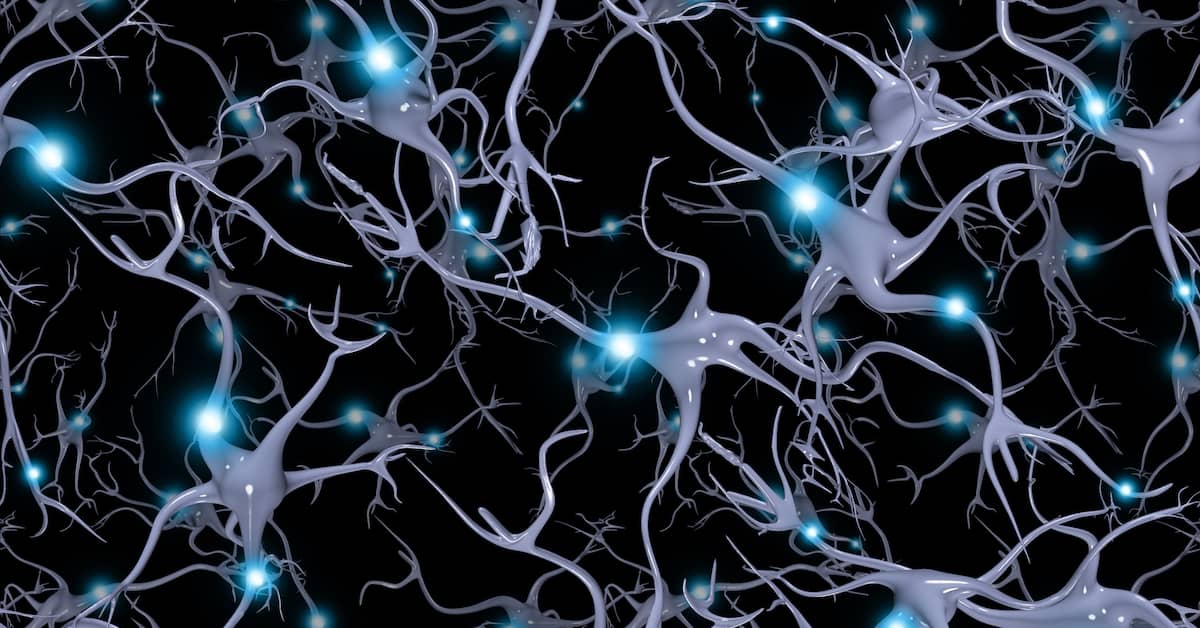
- Producing the brain’s energy.
- Keeping the brain’s pH (acidity) in proper balance.
- Controlling the formation of synapses where neurons connect with each other.
Don’t Oversimplify. . .
Prof. Nedergaard believes that by just studying neurons and neglecting astrocytes researchers are oversimplifying how our brains function. "I have always found the concept that the human brain is more capable because we have more complex neural networks to be a little too simple, because if you put the entire neural network and all of its activity together all you just end up with is a super computer," says Prof. Nedergaard. "But human cognition is far more than just processing data, it is also comprised of the coordination of emotion with memory that informs our higher abilities to abstract and learn."How to Make a Mouse into a Genius
In an experiment, Prof. Nedergaard and her research team placed human astrocytes into young mouse brains by transplanting what are called “human glial progenitors.” These progenitor cells are the stem cells that develop into astrocytes.1 As the young mice began to grow, the human astrocytes took over for the mouse astrocytes – eliminating many of them – and developed and behaved as if they were in a human brain. Having human astrocytes in their brains turned the mice into rodent near-geniuses. Their brains could send signals across its neural networks faster, retain signals more effectively and enjoy enhanced plasticity – the ability to shape new neural networks faster in order to form memories and learn new tasks. All of these improved activities caused the brains of the mice to function in a way that more closely resembled those of humans. And their learning capacity was bumped up sharply. Other studies have shown that malfunctioning astrocytes are undoubtedly linked to Alzheimer’s disease:- A lab test in Finland shows that astrocytes from people with Alzheimer’s can damage healthy neurons in ways that reflect what occurs during Alzheimer’s disease.2
- Research in Germany demonstrates that changing the behavior of astrocytes during Alzheimer’s disease may normalize the brain’s network activity and improve learning and memory.3
Help your Astrocytes!
So far, researchers seem to have come up with three main tools for improving your astrocytes and your intellectual capacity. The first consists of exercise. Scientists at Stanford have discovered that aerobic exercise “leads to a significant alteration in (beneficial) structure and function of astrocytes.”4 Avoiding or controlling stress also protects astrocytes. Tests in Australia demonstrate that chronic stress causes astrocytes to release substances that initiate damaging inflammation.5 The third tip is to keep your blood sugar under control. Researchers in South America have evidence that when your blood sugar is high, your astrocytes can spread harmful inflammation and release chemicals that poison neurons.6 Readers of this newsletter won’t be surprised by these recommendations. Exercise, de-stressing and healthy blood sugar are well known, first-line “treatments” for preventing or reversing dementia. What’s new is that their effect on astrocytes may be as important as their effect on neurons.- https://www.cell.com/cell-stem-cell/abstract/S1934-5909(13)00007-6
- https://www.ncbi.nlm.nih.gov/pmc/articles/PMC5785689/
- https://www.ncbi.nlm.nih.gov/pubmed/29724785
- https://link.springer.com/article/10.1007%2Fs00429-016-1308-8
- https://www.ncbi.nlm.nih.gov/pubmed/23512378
- https://www.ncbi.nlm.nih.gov/pmc/articles/PMC5742194/
